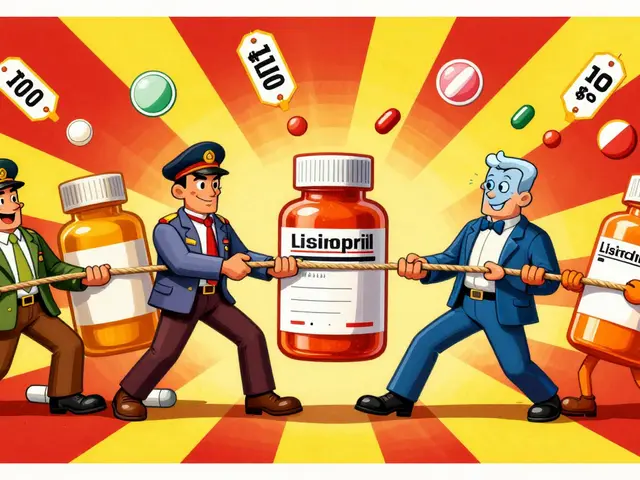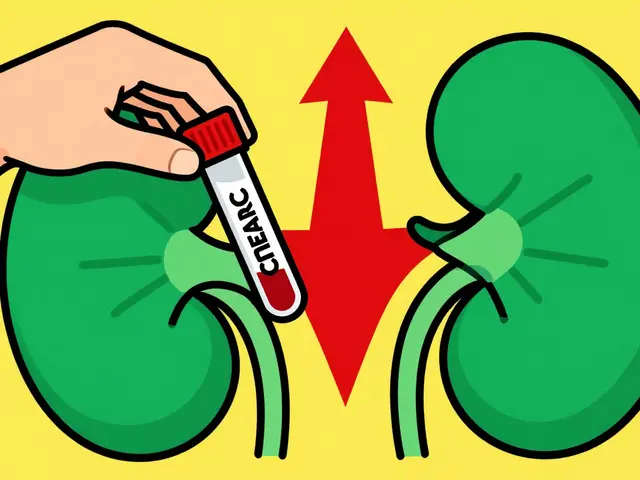Brain Health: What Matters, What Hurts, and What You Can Do
When we talk about brain health, the state of your cognitive function, memory, focus, and long-term mental resilience. Also known as cognitive health, it’s not just about avoiding dementia—it’s about keeping your mind sharp every day. Most people think brain health means eating blueberries or doing crossword puzzles. But the real threats are quieter, more common, and often hidden in your medicine cabinet.
One of the biggest silent risks is anticholinergic burden, the combined effect of multiple medications that block acetylcholine, a key brain chemical for memory and learning. This includes common drugs like Benadryl for sleep, certain stomach meds, and even some antidepressants. When you take just one, it’s usually fine. But when you stack them—maybe for allergies, bladder issues, and anxiety—the buildup can speed up cognitive decline. Studies show people with high anticholinergic scores are far more likely to develop dementia over time. It’s not a myth. It’s a measurable, preventable risk. And it’s not just older adults. More and more middle-aged people are unknowingly stacking these drugs, thinking they’re harmless.
Then there’s medication interactions, when two or more drugs work against each other in ways that harm brain function. For example, NSAIDs like mefenamic acid can mess with blood sugar, which in turn affects how your brain gets energy. Some antibiotics, wakefulness drugs, and even acid reducers can indirectly impact mental clarity. These aren’t rare edge cases—they show up in real prescriptions, daily routines, and over-the-counter habits. Your brain doesn’t work in isolation. It’s connected to your kidneys, your liver, your heart, and your sleep. If any of those systems are under stress from meds, your brain feels it.
And here’s the thing: you don’t need a miracle supplement or a $500 brain training app to protect yourself. You need to know what’s in your medicine cabinet. You need to ask your doctor: "Could any of these be hurting my memory?" You need to track what you’re taking—not just prescriptions, but supplements and sleep aids too. A lot of the posts here break down exactly which drugs carry this hidden risk, how they add up, and what safer alternatives exist.
From how antihistamines quietly erode focus to why certain diabetes meds might protect your brain instead of harming it, the articles below give you the facts—not guesses, not hype. You’ll find clear comparisons of drugs you’re already taking, real-world examples of how side effects stack up, and simple steps to reduce your risk. No fluff. No marketing. Just what works, what doesn’t, and what you should ask your doctor next time you refill a prescription.






